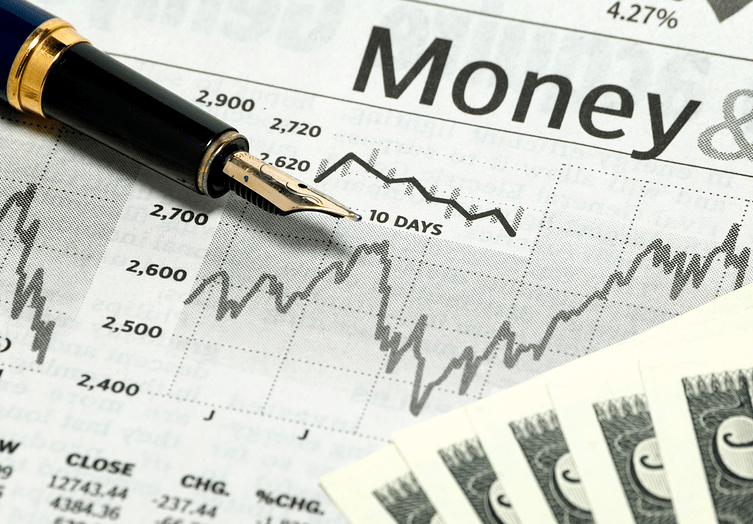Definition: What is a Convertible Bond?
Convertible bonds are financial instruments issued by companies to investors.
Companies issue such bonds to raise funds that’ll be used to drive business operations.



Image Source: BigStock
However, unlike a “regular” bond, which entitles investors to receive a set rate of interest over its life, and return of the principal at maturity, a convertible bond may (at the holder’s option) be redeemed either for cash or converted into (predetermined) units of the company’s stock.
Why Invest in a Convertible Bond?
The simple answer is “opportunity”.
Since convertible bonds may be converted (in the future) into a company’s stock, they offer an attractive investment opportunity for investors who see a company’s future stock price appreciating beyond the current face value of the convertible bonds.
What’s the Catch?
Like with every other investment vehicle, there are both up and down sides to owning a convertible bond.
While “regular” bonds have a higher coupon (interest) rate, the coupon rate of a convertible is usually slightly lower.
Why? That’s in order to compensate for the potential future upside (higher conversion rate) that convertible bonds offer – in the event of greater stock price appreciation at the time of conversion.
AdvisoryHQ (AHQ) Disclaimer:
Reasonable efforts have been made by AdvisoryHQ to present accurate information, however all info is presented without warranty. Review AdvisoryHQ’s Terms for details. Also review each firm’s site for the most updated data, rates and info.
Note: Firms and products, including the one(s) reviewed above, may be AdvisoryHQ's affiliates. Click to view AdvisoryHQ's advertiser disclosures.



